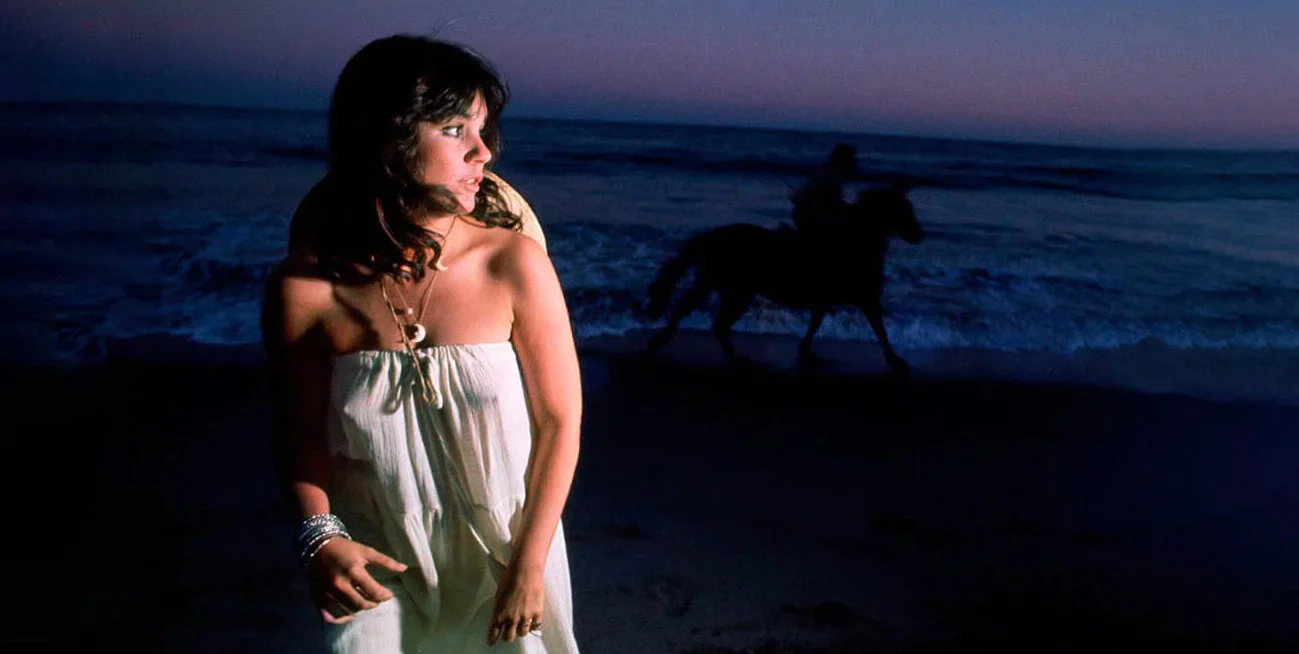Linda Ronstadt, also known as the ‘First Ladt of Rcok’ was a talented musician whose vocals serenaded the entire world with mezzo-soprano voice. Her 70s classical such as “Blue Bayou” and “You’re No Good” were chart-topping hits, all thanks to her voice.
Her voice was a gift from heaven, but unfortunately, Linda Ronstadt couldn’t sing anymore. This news shocked the fans, and everyone was worried about what happened to her. So, what caused Ronstadt to lose her mesmerizing voice?
How did Linda Ronstadt Lose Her Voice?
During an interview with CNN, Linda Ronsdat talked about how she started to struggle with her voice and thought the headphones were defective at first.
“I couldn’t hear the top end of my voice. I couldn’t hear the part that I used to get in tune,” she said to CNN. “My throat would clutch up. It would just be like I had a cramp or something,” she added. This was the point where Linda realized that something was going on with her health in the year 2000.
Linda felt that in 2009, in San Antonia, Texas, it was going to be her final performance. She performed her classic from the 1987 album, “Canciones de Mi Padre,”
“Literally my entire career flashed in front of my eyes. I remembered every show I’d ever done,” Ronstadt said. “I was glad it was Mexican music, I had ‘em sing a lot of songs,” she recalled, “because it was hard to get through that show.”
Linda then shared that the cause that made her lose her voice was Parkinson’s disease. “I was expecting [the doctor] was going to say I had a pinched nerve and they could fix it. And he said, ‘Well, I think you might have Parkinson’s disease,’ and I was totally shocked. It took him about a year after that to come to the diagnosis and then took a little bit longer to come to supranuclear palsy,” Ronstadt said.
Linda was diagnosed with a rare condition ‘progressive supranuclear palsy’, which was similar to Parkinson’s disease and no cure was known for it.
The rare disorder is caused by the decline of brain cells that regulate the way of thinking, moving, and coordination. They have the same effect as Parkinson’s disease.
“I can sing in my brain,” said Linda Ronstadt to Today. Due to such a disorder, she could no longer sing, and the only way she could embrace music was by playing it in her mind.
She continued, “Sometimes, I choose the song, and sometimes my brain chooses the song. My brain chooses the worst music, It just blares away in my head, like really bad Christmas carols.”
Linda took her frustration out on how her brain selects the song that she would never select.
Linda Ronstadt Has Found A New Purpose
Due to her disease, everything became challenging for her. “Everything becomes a challenge. Brushing your teeth, taking a shower,” she said. “I find creative new ways to do things. I’m like a toddler,” Ronstadt said. “Eating is hard … I’ve had to relearn how to eat. You could carve a new brain map if you’re patient and willing to do that, but it’s hard.”
Although Linda lost her voice, she hasn’t lost her passion. She has even written a book “Feels Like Home: A Song for the Sonoran Borderlands,” where she shares her family recipes and talks about how her early life went.
“I don’t cook, so I suppose I didn’t have anything particularly earth-shattering to contribute,” Ronstadt told The Chronicle about how the project evolved. “But I wanted to write about my great-grandmother and I didn’t know anything about her from my grandmother. So it just became complicated.”
To complete her book, Linda collaborated with Lawrence Downes, former New York Times journalist, and with photographer Bill Steen.
Lawrence said that the idea of a book was raised in 2013 when they were having conversations about music, trips, family, and books. “We talked about the food. We talked about the music, We talked about her family,” Downes said.
“Between the two of us, I wrote the manuscript in rough form, and then she went through it page-by-page with this painstaking attention to detail she is famous for.”
Hen continued, “What was most amazing was fleshing out this picture of someone you think you know. She’s been so famous for so long. Then you realize you don’t know the first thing about the culture in and around Tuscon and how deeply connected she is to it. The roots go way deep.”
Although Linda faced unexpected challenges in her life, she never gave up and kept moving forward. With 10 Grammy awards, multiple platinum, and a multiplatinum album, Linda Ronstadt will forever be one of history’s best-selling rock, American pop, and country artists.

